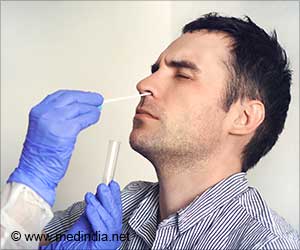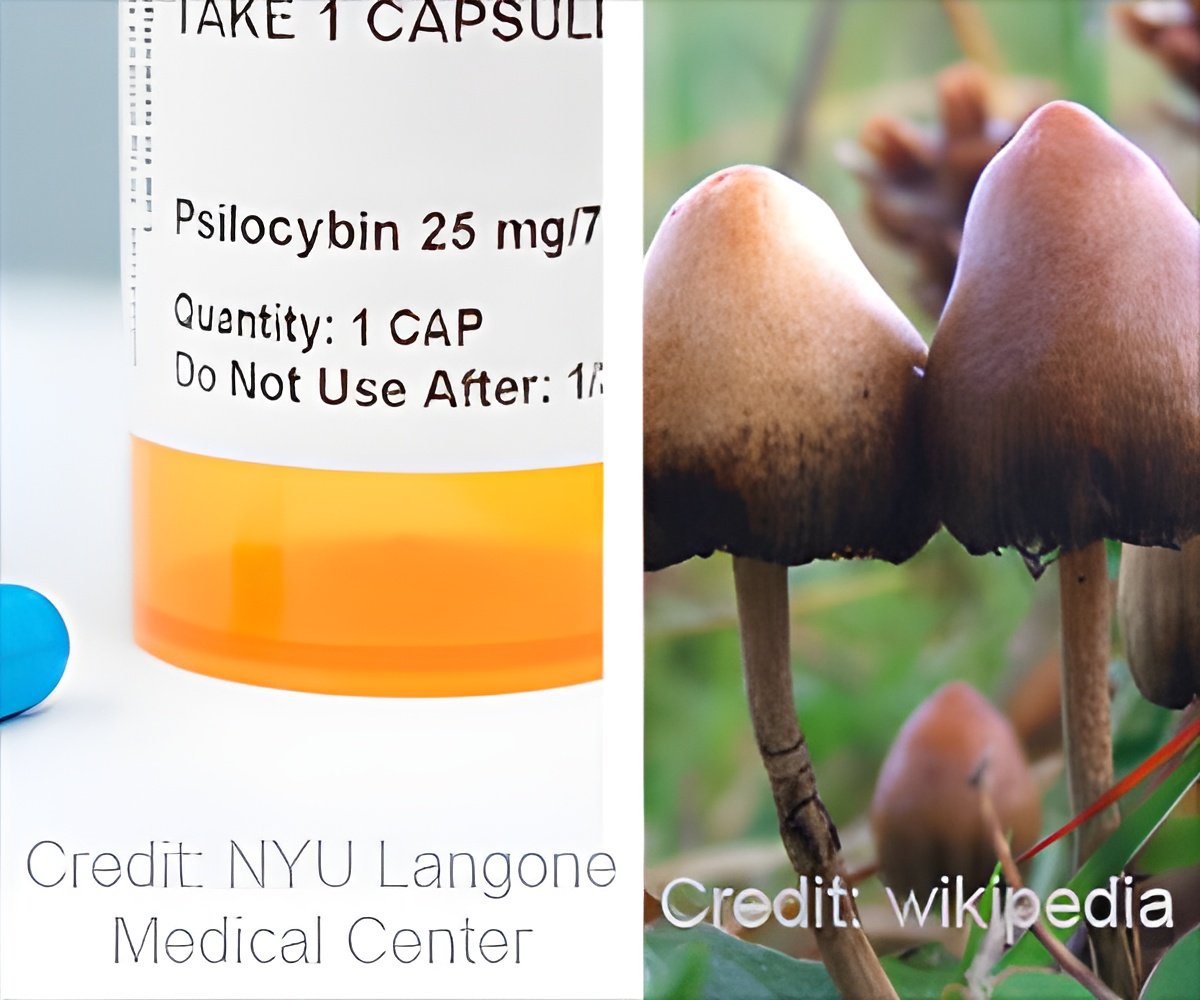NRG-CC004 compared two doses of extended-release bupropion in postmenopausal women who were diagnosed with breast or gynecologic cancer and completed their cancer treatment, but who had low baseline sexual desire scores as determined by the desire subscale of the Female Sexual Function Index (FSFI).
Women who participated on the trial were randomly assigned to receive either bupropion at 150 mg, bupropion at 300 mg, or placebo for 9 weeks.
The loss of sexual desire in women who were treated for breast or gynecologic cancers is thought to be a response to one of two potential occurrences that are both related to dopamine insufficiency: estrogen deprivation or generalized inflammation.
Bupropion might be an appropriate treatment option for loss of sexual desire, but NRGCC004 proved no improvement from use of the agent.
“Cancer treatment can have a significant negative impact on female sexual function and is a common concern of female cancer survivors.
Cancer survivors are expected to grow in population over the course of the next decade and over half of this population will be female,” stated Debra Barton, RN, PhD, of the University of Michigan School of Nursing and the lead author of the NRG-CC004 manuscript.
“It is crucial that we continue to fund and support further research on the underlying characteristics of decreases in sexual health for these women and develop effective treatment options to improve their quality of life following treatment.”
NRG-CC004 evaluated 230 eligible women following 9 weeks of bupropion or placebo. At 9 weeks, there was no statistically significant difference in change in the desire subscale scores among treatment groups.
Additionally, there were no grade 4 or 5 adverse events (AE) related to treatment, but in the 150 mg bupropion arm, 2 patients experienced a grade 3 AE and one patient each in the 300 mg bupropion and the placebo arms experienced a grade 3 AE.
Source: Medindia



